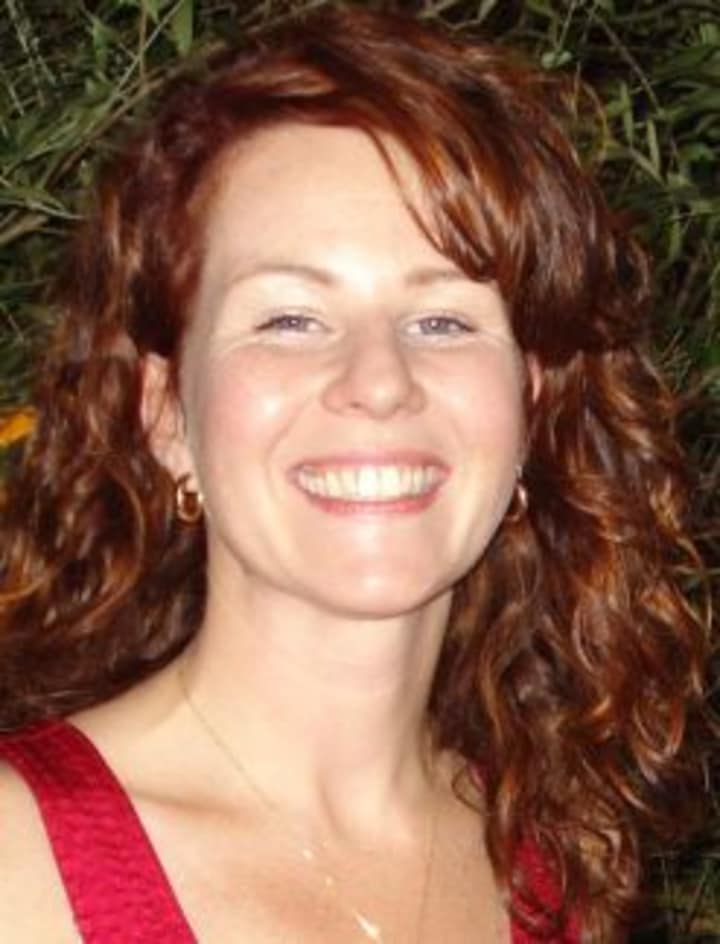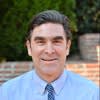
With its high crime rate, El Salvador is not a particularly safe place to live in. But Meg Galas is having a “lovely” time staying in the country.
Coming to El Salvador was almost like returning home for the New Englander. Galas spent almost seven years working for Population Services International in India and Africa before being named PSI country representative for the Latin American nation in January. Now, she lives in the Chicago time zone, can fly to Texas or Florida in a couple hours, and has easy access to El Salvador’s excellent surfing and hiking.
Devex spoke with Galas to discuss El Salvador’s public health sector, the challenge of working with local partners in violence-saturated neighborhoods, and the pleasures of living and working in El Salvador despite the danger. She also provided advice for those seeking development jobs in the tiny Latin American country.
PSI in El Salvador
What is the public health development sector like in El Salvador?
The health sector seems small, but the country is small. The health indicators are amazing. The big issues are teen pregnancy and nutrition, which donors are not interested in funding. It’s not lack of calories, but a lack of good nutrition.
In the health sector, [funding] is going to be reducing. USAID recently graduated El Salvador from family planning support.
We’ve been here for 11 years doing HIV prevention pretty much the whole time. We tend to focus on high-risk behavior groups. This year, we launched our family planning programming.
How is it working with local partners in El Salvador?
El Salvador’s local NGO community is strong; relative to other countries I’ve been in, it’s very strong. [But] we experience a lot of crime. We’ve had to pull out of certain Ministry of Health clinics because our doctors were asked for protection money by the local gangs. We can’t have our people in that situation.
We work with two different sets of NGOs [family planning and HIV prevention]. We see [local organizations] at meetings, and that’s how we identify who our partners would be. [After we decide to partner with them,] we provide training to their staff in terms of our family planning programs and the technical aspects of inserting IUDs and implants.
And then [we work with] their outreach teams in terms of communications, and the materials that we have, and counseling so that women are making informed decisions. We work with them both [HIV and family planning NGOS] in terms of capacity building.
In the family planning world, we are ensuring their capacity and then providing the materials. We are working with established, already strong NGOs. In the HIV world, we are a little bit more directly implementing [programs].
Locally, we work with four NGOs in the HIV team and about 10 with family planning. Almost all of them are based in San Salvador. They all have their offices in San Salvador, but we can go to the field and be back in a day. So, it makes sense that most of them would be in [the capital].
Pleasures and challenge of living and working in El Salvador
Given the amount of crime in the country, how is it to live and work here for development professionals?
I find it to be a really lovely place to live. My caveat is that I’m coming from Africa, and Somalia, and Sudan, and Madagascar, and some really poor places. El Salvador is a lot like home, but different enough. And when you scratch the surface, it’s actually quite complicated, and it keeps you on your toes.
There’s a real sense of hope here with the new government. People love the president. There’s a real sense that things are changing. There is a sense almost of rebirth. It’s a very positive place to be living now, even with the economic crisis.
If you are looking for a big expat party scene, you’re definitely not going find to it here. But you definitely will find a big Salvadorian party scene. There’s a pretty large middle class, so it’s fantastic to live outside the expat bubble. There’s no real need to be part of the expat-only circle of friends.
And a lot of the expats here are from other Latin American countries. There are a lot of Colombians, and Argentineans, and Costa Ricans, and Guatemalans. You can live in a community of expats that is much more mixed. I think if you live in a place like Madagascar, you’ll find your English-speaking expats, your French-speaking expats, your Spanish-speaking expats. Here, everybody speaks Spanish.
There are nice restaurants; there are interesting places to go out. There’s not a large art and culture scene. But there’s a small one, and they have interesting stuff going on. There are beautiful places to live for a very reasonable price.
I surf. I hike. I can go into the mountains and feel like I am in a rain forest in the morning and go to the beach in the afternoon.
[On the negative side,] it’s not a very safe place to live. You can’t walk at night. You can’t really walk. Most people don’t walk. If I do walk, I walk with my dog, who is a big German shepherd. Most people live in gated communities.
What advice would you give to someone seeking to enter the development field in El Salvador?
The capacity of Salvador workforce is very high relative to other developing countries where I’ve lived. I think somebody who wants to come here in a leadership role should be a pretty good, strong, decisive leader.
I always think that my value-added as an expat is that I bring in a different perspective. I’m willing to make tough decisions because I’m not there forever. And I bring in an American style of cooperative management that sometimes you find in other countries and sometimes you don’t.
I am happily challenged by that, having to be a better leader and a more thoughtful leader than I’ve been pushed to be in other places.
Read more:
Development Business in El Salvador: What You Need to Know
Development Jobs in El Salvador: What You Need to Know
The Beauty and Bane of Working in El Salvador
San Salvador for Business Travelers: A City Profile
To USAID Operations, El Salvador is Key
Chemonics Focuses on ‘Supply Links’ in El Salvador’s Poor North
Read more development news.




